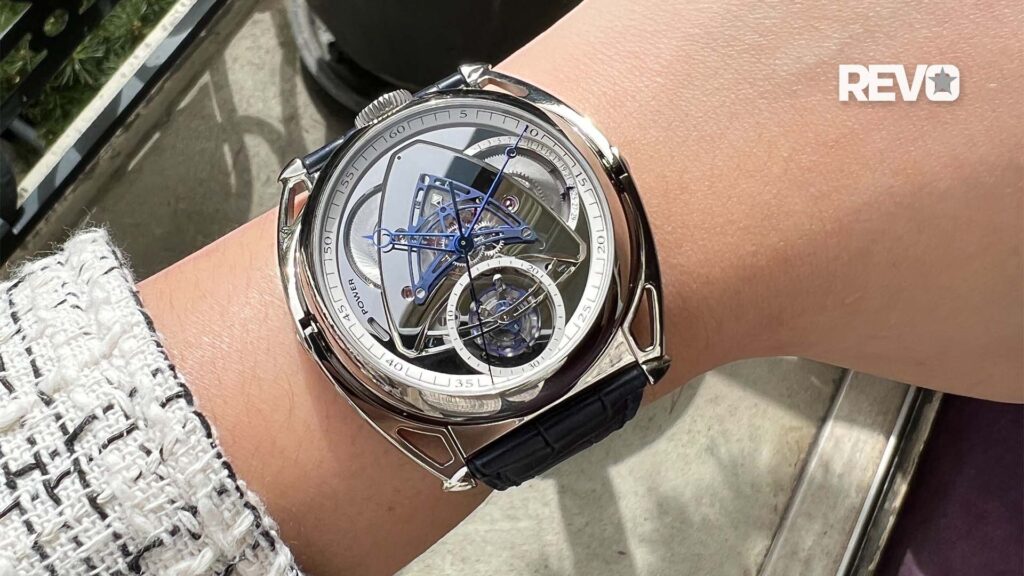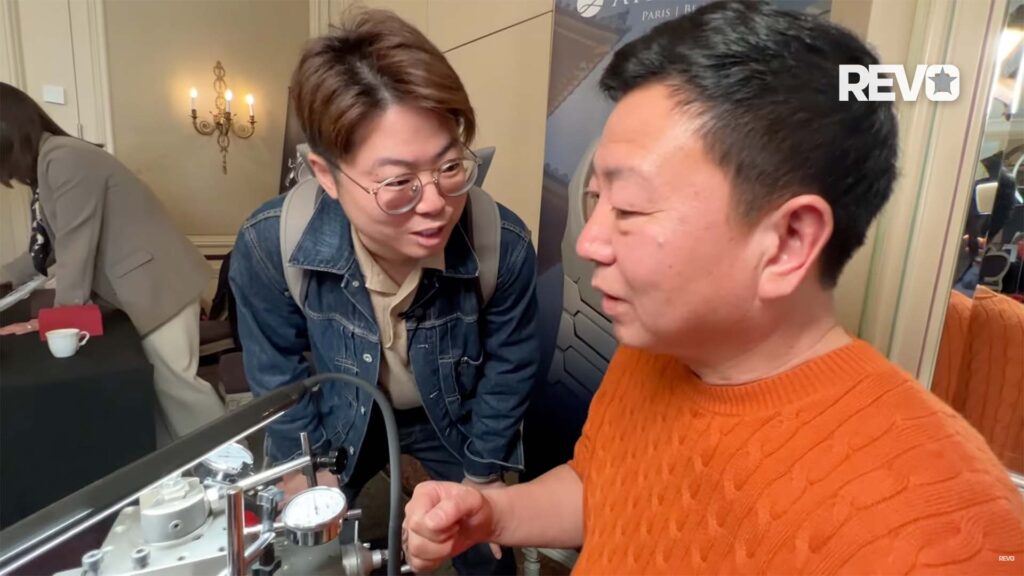News
Swatch Group Furious Over Antitrust Agency’s Impending Movement Sale Ban
Some Background
Back in June 6, 2011, the Swiss Competition Commission (WEKO/COMCO) initiated an investigation into the Swatch Group, on the volume of market it held with its movement production arm, ETA SA Manufacture Horlogère Suisse (ETA). The concern being that ETA held too much of the market.
After the first draft agreement was drawn up by the Secretariat of COMCO and Swatch Group on July 8, 2013, and rejected by the authorizing body of COMCO, later in August of the same year, a revised agreement was adopted with specific actionables specified by both sides.
The agreement settled upon, stated that ETA would reduce its production volume in stages. The press release recounting these details, is dated October 13, 2013, and can be found here. It states: “The obligation to deliver mechanical movements will remain valid until December 31, 2019. Based on the average for the years 2009-2011, Swatch Group, respectively ETA, must deliver in 2014/2015 75%, in 2016/2017 65% and in 2018/2019 55% of the quantities sold. In this context, Swatch Group, respectively ETA, undertake to treat each of their customers equally.”
The expiration date on the above mandate is just 11 days away. And it is on the crux of these days that COMCO is about to announce a new implementation that is supposed to state that ETA will no longer be at liberty to supply movements to third-party customer brands for all of 2020. That is, for the year 2020, ETA will not be allowed to supply ebauche movements to brands that are not part of the Swatch Group.
Before this new decision has been officially announced by COMCO, the Swatch Group, in a scathing press release (December 18, 2019), has spoken out against the impending ruling, calling it, “incomprehensible and unacceptable”.
The Contention

The task at hand at the At the 2018 House of Lange in Singapore: The complete assembly of an ETA ebauche — minus the regulating organ (©Revolution)
The press release further states, “With its decision prohibiting ETA completely from making deliveries to third parties in 2020, COMCO is effectively driving ETA out of the market (exceptions for SMEs are stipulated in theory, but de facto impossible). On the other hand, Sellita will become an even more dominant player due to its production volume. COMCO has thus reshuffled the cards for the industry and is, in effect, making economic policy by completely restructuring a strategic market area.”
But it doesn’t stop there. On this matter, perhaps what is most disturbing, as the Swatch Group suggests is that, “It is also very surprising that the main arguments for these provisional measures are fully in line with the wishes expressed by Sellita in the course of the proceedings. The terms used by COMCO in its official communication correspond, practically word for word, to those used by Sellita. This raises the question of whether the COMCO Secretariat can be influenced — or is even already under outside influence — and whether it still takes its decisions completely independently.”
The second point of contention is pertaining to the late hour in which COMCO seems to have decided to make their decision known, which throws Swatch Group’s planning — and that of their ETA customers’ — for 2020 completely out. The aforementioned press release reads, “Not only for Swatch Group but also for all its customers – whether larger companies or small and medium enterprises (SMEs) – it was extremely important to know what would happen in this matter and whether and in what quantities they could purchase mechanical movements. For planning reasons alone. COMCO’s decision, and this is just a provisional measure, will officially be announced only tomorrow. This means only 12 days before the end of the year. From an industrial point of view, this is absurd.”
The Situation Now

(From left) Japanese architect, Shigeru Ban who designed the newly opened Swatch headquarters with Nayla Hayek, chair of Swatch Group AG and Nick Hayek Jr., chief executive officer (Image: swatchgroup.com)
It is only in a Reuters report that we are able to get a sense of why COMCO is taking on such a decision. Addressing the Swatch Group’s second point of contention, the report quotes COMCO director Patrik Ducrey saying, “Is there really going to be a shortage of watch movements? I’m not sure. There’s also a gray market and brands have built inventories.”
The report states further that having seen the document drawn up by COMCO, its intention seems to be to curb ETA from winning back customers, who have in the meantime had to resort to other suppliers, once the 2013 COMCO decision expires.
The present document, according to Reuters’ understanding, suggests that the Swatch Group deems these fears unfounded.
Reuters’ goes on to put forward that even if COMCO succeeds in taking down ETA’s industry lead in movement production, the contest will then move to “Swatch’s monopoly on ‘assortments’, the centerpiece of each mechanical watch movement.”
The Swatch Group is obliged to supply these assortment parts to even it’s competitors, however, according to Reuters’ reading of COMCO’s new document, “Sellita complained in June [2019] that Swatch had not supplied it the desired assortments.”
COMCO director Patrik Ducrey told Reuters the agency would issue a statement on Thursday, but said the approach the agency is taking in this long-running issue allows Swatch and its ETA subsidiary to continue delivering mechanisms to small and medium-sized watchmaking enterprises for now. A final decision is expected by summer 2020, Ducrey added.
Going back to the Swatch Group’s December 18, 2019 press release, outside sentiments aside, the group itself is clearly disturbed by the timeframe and the subject of the impending decision, which will only be put into final effect in mid-2020. In taking the measures deemed necessary for the situation at hand, the Swatch Group press release states, “In view of the negative financial repercussions that these decisions will entail, Swatch Group reserves the right to claim damages.”










